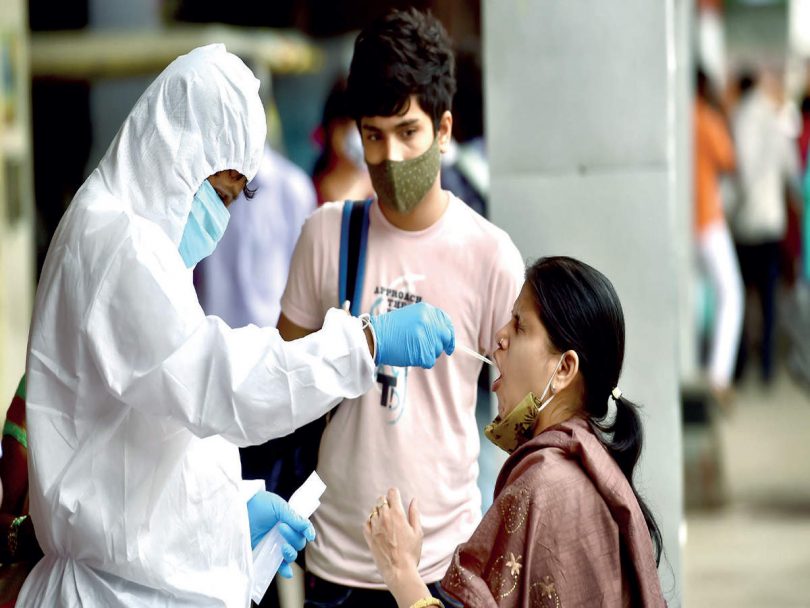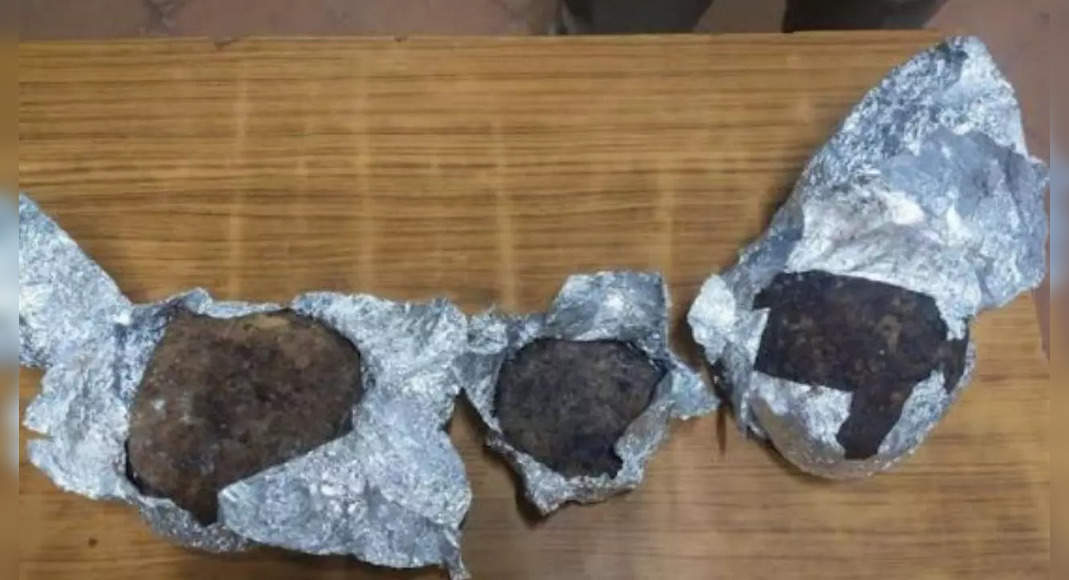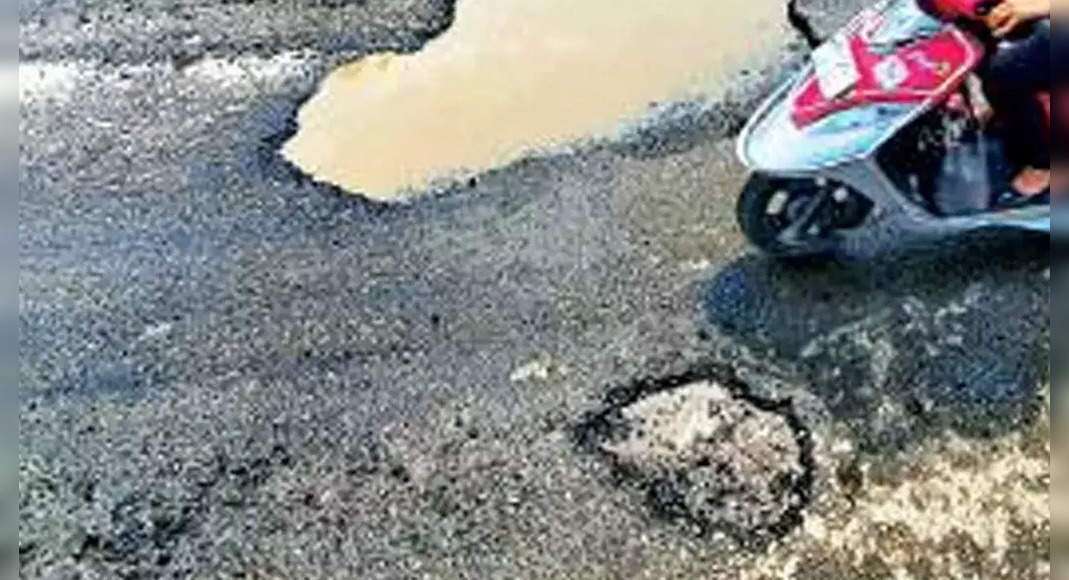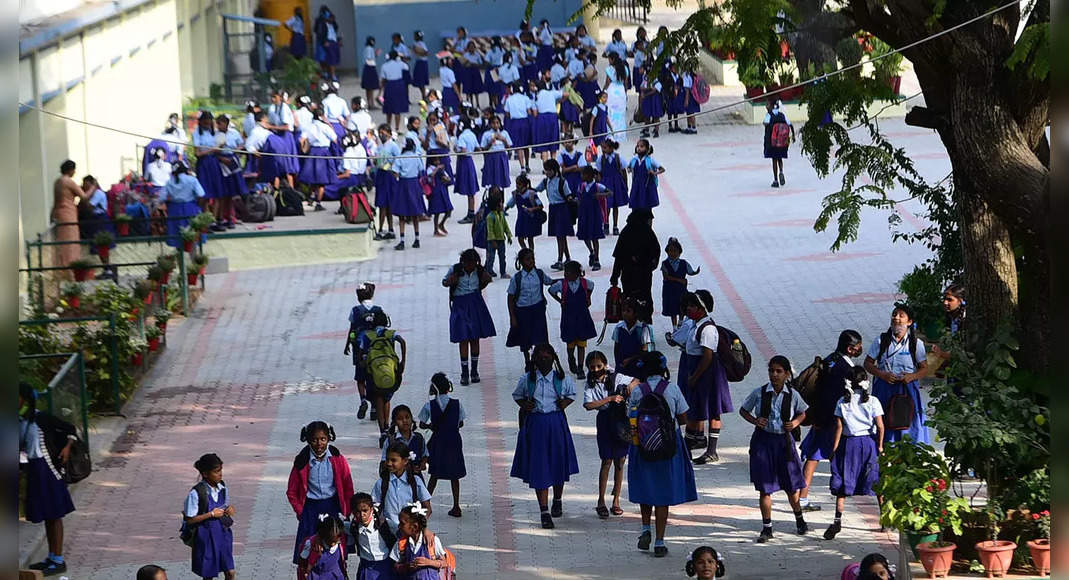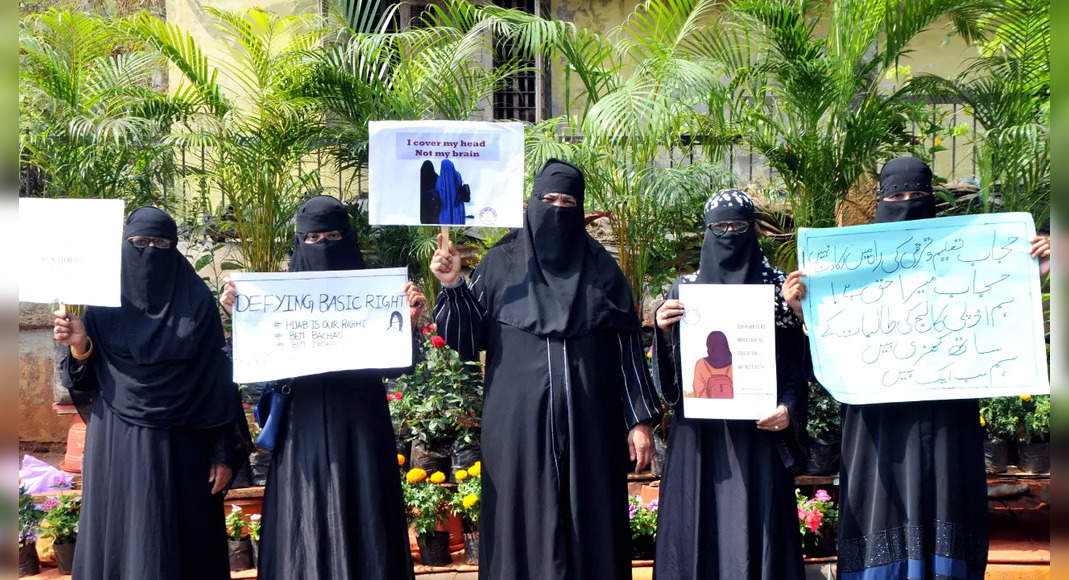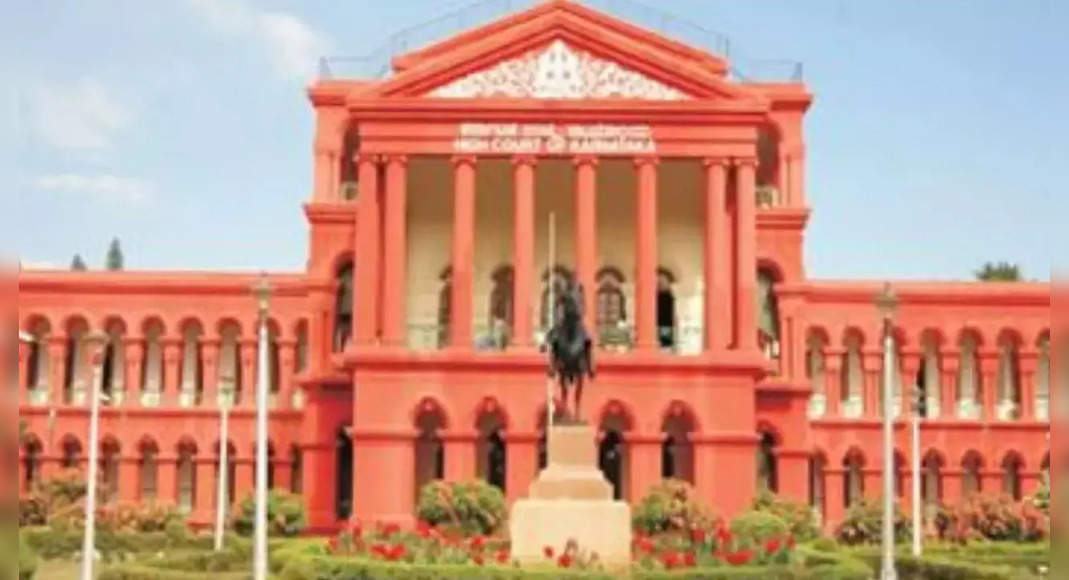Karnataka is ramping up its health infra, seeking medicines and vaccines to fight the inevitable third wave
Covid is lashing the world in waves.
Even as Health Minister Dr K Sudhakar recently said the second wave is yet to subside in Karnataka, many countries across the world are seeing a rise in Covid cases due to the third wave.
So, the big question that needs to be pondered on is: Are we ready to face the third wave (if it is to come)?
Bangalore Mirror picked experts’ brains to understand the level of preparedness of the state.
Karnataka Covid taskforce chairman Dr MK Sudarshan said newly detected strains were contagious and virulent and could amplify the problem.
“We are seeing a rapid surge of cases in Europe and Australia.
We can anticipate the next or third wave by October,” he says.
The time frame on the possible next wave is not something all experts agree on.
As the first wave subsided in Karnataka in September-October last year, it was predicted that the second wave would hit by December-January.
But, covid cases continued to dip till March 8, 2021 (the first anniversary of the first case in Bengaluru) and then hit the State like a tsunami.
Till March 31, 2021, there were 9,97,004 covid cases in Karnataka (including 4,34,807 in Bengaluru) with 12,567 deaths (4,619 in Bengaluru).
However, things took a turn for the worse in the next three months as 18,42,572 (7,75,826 in Bengaluru) people were infected with covid and 22,455 (10,990 in Bengaluru) lost their lives between April 1 and June 30, 2021.
(function()palm/i.test(navigator.userAgent.toLowerCase()));
if(mobile){
var div = document.getElementsByClassName(vidads)[0].childNodes[0];
div.setAttribute(“data-slot”,”323283″)
var idattr = div.getAttribute(“id”).replace(“323272″,”323283”)
div.setAttribute(“id”,idattr);
}
)();
~name~~brandtext~
var hideAds = function($containerElem){
if($containerElem && $containerElem.length != 0){
$($containerElem[0].parentNode.parentNode).hide();
}
“No one expected that covid could hit us so hard.
While many died at hospitals, there were hundreds who died on their way to hospital, a few hundreds died without beds, many at home waiting for ambulances, a lot without medicines and oxygen.
Even after death, families had to wait for hours because even the crematoriums were full,” reminded an expert.
DyCM Dr CN Ashwathanarayan said that there were a few challenges in preparing to face the next possible wave though the government was taking all measures to strengthen the infrastructure by setting up oxygen storage and generation facilities, increasing ICU capacity, scaling up vaccines manufacturing, among other things.
He added that the Centre was also working towards lessening the burden of covid-19 management by reducing/removing import duties, fixing price cap, relaxation in GST and other measures.
BBMP Chief Commissioner Gaurav Gupta had recently said that most of the Covid Care Centres were being shut temporarily but were not dismantled as they could be reopened anytime.
KV Trilok Chandra, Commissioner for Health, said that the State was planning to ramp up infrastructure on four main components: oxygen, equipment, human resource and drugs.
During the second wave, there was a severe shortage of drugs like Remdesivir which were sold in black at high prices (many were also arrested for black marketing of these drugs).
So, this time around, the State is planning to procure these drugs to prevent shortages.
Oxygen was one of the key components in the second wave and so now the State is planning to increase the production of Liquid medical oxygen and also increase the capacity of oxygenated beds.
The State Government had recently offered a number of SOPs for those who want to set up oxygen plants.
According to Dr Sudhakar, all medical and para medical staff will be trained in all districts on covid management.
Necessary measures have been taken as per the recommendations of the committee headed by Dr Devi Shetty, to significantly ramp up infrastructure before the second wave.
Four thousand doctors have been appointed.
A common template and colour-coded document for covid-19 case sheets must be used by all the private hospitals.
This will help disseminate covid-19 case-related information speedily– Dr Prasanna HM, President of Private Hospitals and Nursing Homes’ Association
Chief Minister BS Yediyurappa is said to have requested Prime Minister Narendra Modi to supply 1.5 crore doses of vaccines per month and provide 800 neonatal and paediatric ventilators.
The CM said that they were making efforts to increase the number of oxygenated, ventilated and paediatric ICU beds across the State.
Plans are also afoot to increase RT-PCR testing and genome sequencing laboratories.
He has urged the Centre to decentralise distribution of liquid medical oxygen so that 40 PSA oxygen generation plants can be set up at taluk hospitals.
He also demanded an increase in state quota for allocating Amphotericin B (required for treatment of mucormycosis) and Intravenous Immunoglobulin.
However, the need of the hour is to take visible, proactive, and useful steps, said Hema Divakar (past president of Federation of Obstetric and Gynaecological Societies of India).
“The time to make preparations to avert the next wave is when cases are low.
We should make the most of the non-emergency period by setting up processes and the action should begin now,” said Divakar.
Dr Prasanna HM (president of Private Hospitals and Nursing Homes’ Association suggested that the government focus on data documentation which was essential to streamline the approach.
“A common template and colour-coded document for covid-19 case sheets must be used by all the private hospitals.
This will help disseminate covid case-related information accurately and speedily through physical as well as electronic transfers to the state nodal centres,” he added.
The current dip in covid cases may be a relief, but we should be alert about a possible third wave, said Dr.
V Shankar (Senior Physician – Internal Medicine, Manipal Hospital, Malleswaram).
“It’s vital that we stay prepared and maintain covid appropriate behavior to avoid the third wave.
Guest workers coming to Karnataka from other border states should be scanned and made to undergo quarantine for 15 days.
Rallies, public gatherings, meetings should be avoided, but if very necessary it should be limited to 25 people,” he said.
He also suggested that all major healthcare institutions be prepared, and the number of medical and paramedical staff be increased.
“The Government has to be mentally prepared for arrangements of CCCs, oxygen and ventilator beds.
The rate of testing should be increased and the number of testing laboratories in the state too should go up.
It is important that tests for Delta plus variants are immediately acted upon.
Availability of all drugs like Remdesivir, monoclonal antibodies should be ensured across all hospitals.
Maximum awareness should be spread in villages, taluks and districts.
Testing and tracing of the primary contacts of the deceased should be ensured,” he said.
Vaccination, an answer
Dr Keshava R (Director – Cardiology, Fortis Hospital, Cunningham Road), said around 80 per cent of the population should be vaccinated for herd immunity to be developed.
“Since health care professionals and senior citizens were vaccinated on priority, now the government should target completion of vaccination for the 18-45 years age group by next month.
This can help blunt the impact of the third wave.
We can target vaccination of 16-18 years age group i.e.
students of 10th–12th standard and then consider starting schools and colleges,” he said.
Health professionals say that the vaccines in India are protective for delta plus variants up to 65 per cent The first dose of vaccine is 60 per cent protective and the virus would have a milder impact on such persons.
The current challenge is vaccinating people due to severe shortage of vaccines.
As of now in Bengaluru, 57 per cent of those in the 18-44 age group have got the first dose, while 42 per cent of those in 60+ and 39 per cent of those in 45-59 age group have received both the doses.
All the doctors and experts agree that prevention of the third wave is possible only if the government and people are prepared.
Dr.
Ravindra Mehta (Chief Pulmonologist, Critical Care, Apollo Hospitals, Jayanagar) said, “The system we put into place and the most important preventive tool we have is the vaccine.
The government comes into play in providing measures to both move the economy and at the same time implement caution to the point of maintaining precautions, accelerate vaccination on a scale like never before, maintain keen vigilance for pockets with high infection rates, and impose preventive measures as well as accelerate lab studies of genomics there.
Stakeholders such as the public, hotels, restaurants, tourists’ spots also should be held responsible to make sure they promote, implement, and enforce covid appropriate behaviour,” he added.
.
What we can learn from other states
DELHI: Officials in Delhi estimate that there can be 45,000 cases a day if the third wave hits.
So, the Delhi government is now planning to have its own fleet of cryogenic tankers as during the second wave, apart from liquid medical oxygen, there was also a shortage of cryogenic tankers for supply.
It is also planning ICU at door steps and centralised oxygen supply for all bedsMADHYA PRADESH: MP has begun training doctors to prepare for the third wave (Karnataka has also begun training for doctors and also how to treat them for paediatric cases).MAHARASHTRA: Officials in Maharashtra are expecting 50 lakh cases in third wave.
So, there are plans to set up jumbo hospitals and dedicated covid centres so that both covid and non-covid cases could be treated at the same time (During the first and second waves, most of the hospital resources were diverted for covid and hence non-covid patients suffered) besides hiring more doctors and nursesTAMIL NADU: TN is planning to create jumbo O2 storage plants where 140 tonnes to 200 tonnes of LMO can be stored.
It is also planning to add neonatal and paediatric beds and going for stocking of essential drugsTELANGANA: Doctors in Hyderabad have begun training parents on first aid if the kid falls sick through video orientation besides ramping up other health infrastructurePUNJAB: Punjab has begun buffer stocking of essential drugs like Remdesivir and Immunoglobulins and AmphotericinUTTAR PRADESH: Four-pronged strategy from increasing vaccination, enforcing strict CAB, awareness and imposition of curfew if covid cases spike anywhereGOA: Stocking up on oxygen tanks, plants and buffer stocksGUJARAT: Planning to increase the capacity for covid treatment: Up to 30,000 ICU and 15,000 ventilator beds

